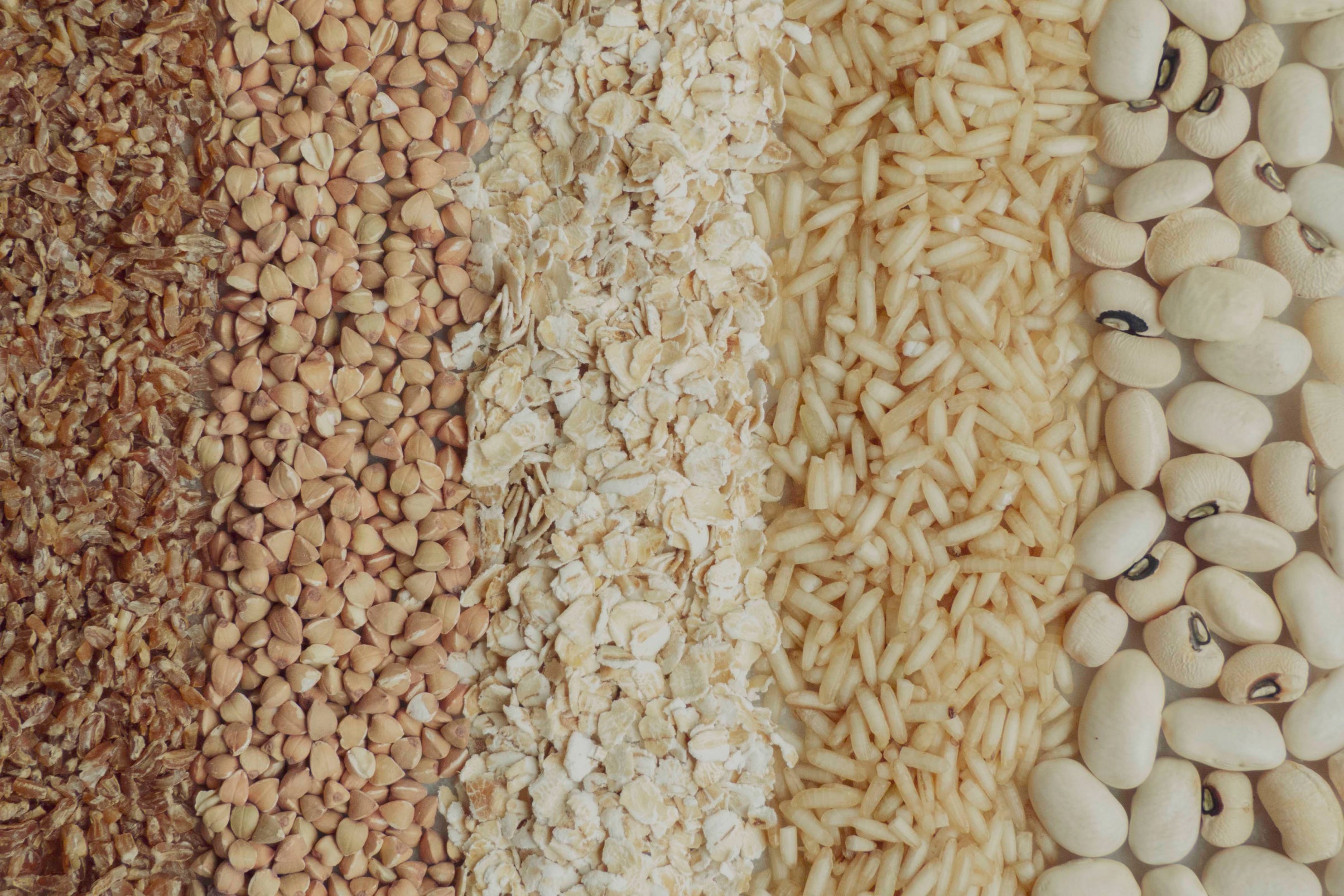In this day and age, people are much more aware and inclined towards living a healthy life.
The shift of focus towards fitness, health, and a good diet in the past decade has been immense.
People all around are keen to have a healthy lifestyle, and as such indulge in a lot of physical activities and dietary habits to stay healthy. A healthy and fit body allows you to be more productive and improve the quality of your life. However, your overall health depends on many other factors as well.
One such important factor which determines your overall health is your digestive health. It is considered that the gut is the best reflection of your body’s health. This is because the gut forms a communication channel with the brain, and forms the first line of defense in the body’s fight against any disease. So the better your gut performs, the healthier your body will feel.
There are multiple things that you can try to improve your sensitive gut. Changing diet, adding prebiotics and probiotics, eating less junk and other similar things can help. But there’s one other easier and effective way that you should consider, which is Grains!
What are Grains?
The seeds of cereals are known as grains. These are usually dry, small, hard, and easily edible. They are the staple food in most countries and are considered to be one of the major sources of energy coming from food. Rice, corn, and wheat are some of the widely used staple grains.

Grains are renowned to provide a lot of health benefits. They help in reducing cholesterol, reducing the risk of diabetes, and reducing high blood pressure. However, one of the major impacts they have on the human body is on digestive health. Let’s investigate further into the different types of grains.
Types of Grain
The cereal crop consists of multiple parts and layers. How these get processed determines the type of grain that you will get. Based on this, the grains are largely divided into:
Whole Grains – These are the least processed grains. They consist of mainly 3 parts which are the bran (outer layer), the germ (the embryo of the plant containing the majority of nutrients, and the endosperm (the biggest part of the grain made of carbs and protein). Some examples are brown rice, oatmeal, whole-wheat flour, corn, etc.
Refined Grains – These are highly processed, in which the bran and the germ are removed to improve texture and shelf life, and only the endosperm remains. These are termed to be very unhealthy since they are mostly made of carbs and have barely any nutrients. Some examples include white flour, white bread, and white rice.

The refined grains taste much better but are harmful to the gut. The whole grain, on the other hand, is a boon for the gut and helps it in multiple ways. Let’s find out some more on how whole grains help the gut out.
Grains and the Gut
Various studies across the globe have established that eating whole grains has a good impact on your entire digestive system. But what do the grains do when inside our digestive system to make it much more healthy?
Increases Microbiome
The human body is made up of just 90% cells, and the rest are microbiomes, mostly bacteria. Before you freak out, you should know that not all bacterias are bad. Most of our gut is filled with good bacteria, which help in breaking down the food and ease the digestion process. These friendly bacteria even fight against the enemies, more known as the bad bacteria.
So the more good bacteria you have, the better your digestive system works. Studies have given concrete results regarding eating whole grains that increase the amount and variety of good bacteria in your gut. Maintaining a diet consisting of barley, brown rice, buckwheat, and similar whole grain will thus improve your digestive health.
Controls Weight

As per a recently conducted research, it has been found that the whole grains lead towards a decrease in retention of calories by the body. Also, it increases the metabolic rate, which results in calorie loss. Losing more calories than you gain results in losing body fat and weight. Better metabolism keeps your digestive tract healthy and ensures a happy gut. In short, by changing to a diet with high whole-grain content, you promote a healthy lifestyle for yourself.
Keeps Gut Lining Healthy
The microbial lining produced by eating whole-grain diets further produces short-chain fatty acids. These short-chain fatty acids are renowned for being anti-inflammatory. These fight any inflammation that may form on the lining of the gut, thereby keeping it healthy. The immune system of the body also attains more strength and thereby you can have a fit and healthy digestive system, which will further keep your entire body fit and healthy.
Recommended Diet
We all eat a lot of grains in our daily diets. Rice, wheat, and corn are some of the most widely used grains across the globe. But most of us end up eating refined grains rather than whole-grains. This damages the gut further.
Refined grains are full of carbs. The excess of carbs increases the calories and overall body weight. Also, it can lead to inflammation of the gut lining and difficulty in excreting the waste out. You should cut out on consuming refined grains, which include white bread, white flour, and white rice.

Instead, you should try and include whole grains in your diet. Starting with the staple food, you can try brown bread, brown rice, and whole-wheat flour instead of the refined grains. These are unprocessed, and as such have an abundance of nutrients which can be a boon for your stomach.
Besides these, you can also try some other whole grains. These include:
- Corn, which can be included with sweet corn salad.
- Popcorn, to be consumed as a daily snack.
- Oats, which can be consumed with milk, especially for breakfast.
- Quinoa, the South-American superfood which is rich in omega-3 fatty acids and protein and can serve as a blessing for the gut.
You can also try out some other whole-grains and try including them in your diet, such as Couscous, buckwheat, barley, flax seeds, freekeh, rye (whole), and farro. These can be combined with various food items as a snack or as breakfast. Consuming these is a guarantee to a healthy stomach and thus a healthy life.
Conclusion
The digestive system is the backbone of your body’s health. A stronger and well-working gut signifies a healthy and fit body. While a gut with issues, inflammations, and improper digestion is a sign of an unhealthy body with much deeper issues lingering around.
Apart from this, remember to intake a good quantity of water every day to promote gut health. A hydrated gut breaks food faster and also aids in the elimination process. Besides, you can try drinking alkaline water which provides the best hydration. Try the DYLN Bottle to get alkaline antioxidant water anytime you want.

Increasing the intake of whole grains and cutting down refined grains such as white bread, white rice, and white flour can be a boon to promote digestive health. The right amount of whole wheat along with regular exercise and physical activity can ensure healthy digestion and a disease-free and highly immune body.






